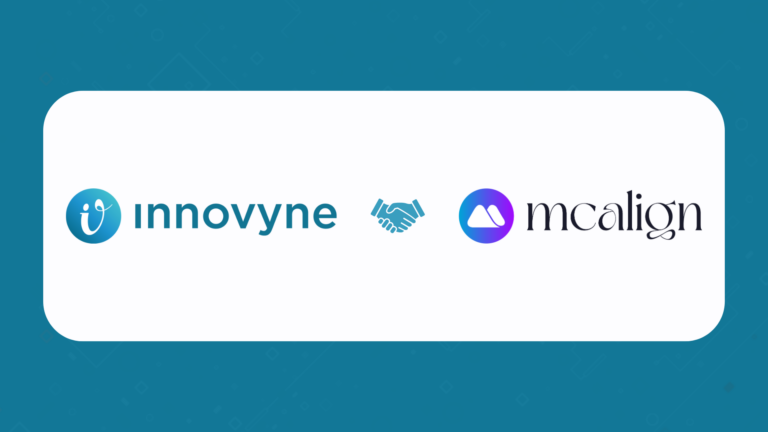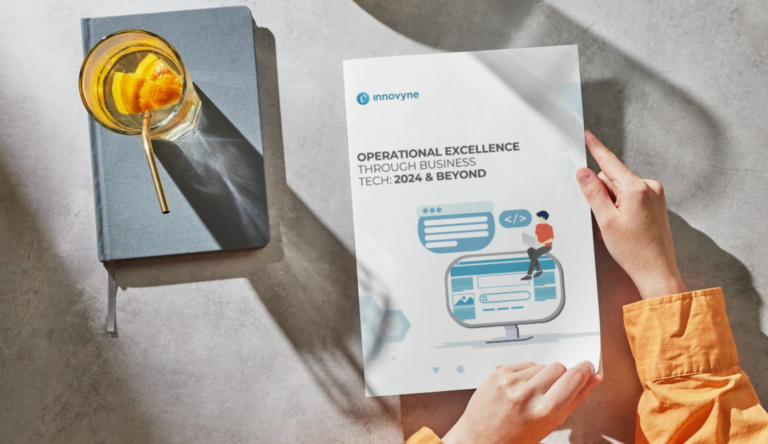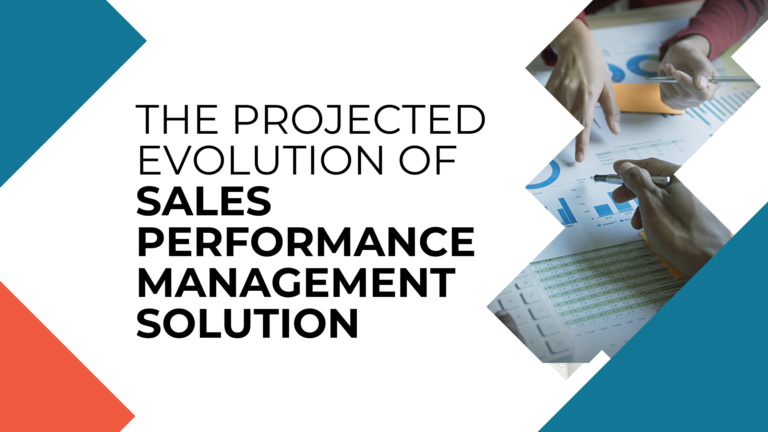The retail industry is at a critical inflection point as it continues to undergo the constant disruption and bleed into other consumer-focused sectors. With the rise of companies such as Amazon, E-bay, Alibaba and many more, it is now difficult to determine the demarcation between retail and technology companies with technology firms setting a new standard for operational efficiencies and consumer experience.
New, tech-enabled market entrants are quickly gaining market share by capitalizing on efficiency gains and innovative, personalized omni-channel experiences while causing many slow-adapting established retailers to close their doors. To stay competitive in rapidly evolving market, the savviest retailers have shifted their investment focus to leverage technology as the key strategic catalyst to create the foundation of future business models and process transformation for brand positioning, revenue growth, market share expansion and cost reduction.
There are three key areas that retailers have honed in on to maintain and grow market share:
- Customer Experience
- Sales Performance Management & Improvement
- Operational Efficiency Gains
Customer Experience
One of the main areas of focus on the minds of all retailers today is customer experience. The recent strong economic growth has developed a consumer profile defined by high expectations and growing disposable income granting increasing power in the hands of the consumer. In today’s retail sector, the consumer drives industry trends with factors such as personalization, faster delivery, smooth omni-channel experiences and experiential commerce starting to become a standardized ask from the millennial consumer.
Samsung 837 and Sephora’s move to combine brick-and-mortar with digital experiences are only a couple of examples of how retail organizations are changing traditional business models to incorporate consumer demands. However, in speaking with retailers, we have learned that the top retail companies have identified one of the most critical elements of providing exceptional customer experiences in this evolution – great consumer experiences are highly dependent on great employee experiences and satisfaction.
As a sector characterized by high turnover, the retail industry sees average employee turnover rates of over 60 percent compared to an average rate of 15 percent in other sectors, according to the National Retail Federation. According to research by Harvard Business Review, hourly employees leave their current position based on the following reasons:
- Finding better opportunities or promotions
- The desire to make more money
- Relocating
Smart retailers have used this knowledge to change their HR strategy and employee management practices to develop employee experiences that invoke employee loyalty and increase employee satisfaction. Now, HR strategy in the retail sector does not revolve around keeping up with hiring. Retailers are focused on transforming the organizational culture to enable employees with the required skills to complement and add value to the face-to-face or brick-and-mortar customer experiences.
With technologies that help manage sales or employee performance, managers are able to quickly identify the areas where employees lack enablement or need supplemental training based on established key performance indicators (KPIs) and past employee or team performance. For example, in today’s world where customers are prone to do preliminary research online, employees can be primed to offer in-depth product knowledge and experiential comments that allow a customer to gather a much deeper perspective on their product of interest and be convinced of their decision to buy.
Sales Performance Management & Improvement
The definition of sales in retail has evolved since the advent of e-commerce. Prior to e-commerce, retail sales provided the customer with both product and competitive information in brick-and-mortar venues with the intent to close the sales on-the-spot. In this age of e-commerce, the consumer has the required product and competitive knowledge at their fingertips through digital channels.
Brick-and-mortar venues have become an experiential channel for the consumer to physically interact with the product, assess potential fit in their life and be absolutely convinced that their decision to buy the particular product is correct. However, many consumers still end up leaving the brick-and-mortar without closing the sale and complete the transaction through the digital channels instead.
With such a vastly different landscape of retail sales, retailers need to be able to:
- Motivate and reinvigorate staff
- Design incentive programs that tie the strategic corporate objectives to individual employee and team performance
- Empower employees with the appropriate information
- Monitor performance to support employees and teams in achieving their targets
Top retailers leverage cutting-edge sales performance management systems to design comprehensive incentive programs with vast layers of complexity, continuously manage and monitor sales performance and consistently communicate required information with employees to boost employee productivity and satisfaction.
For example, retailers that are concerned about driving store-level results and appropriately rewarding sales personnel can leverage sales performance management solutions to:
- Design store-level contests
- Display leaderboards to motivate and invigorate store staff
- Reward top performing stores or employees
- Monitor and Communicate performance evaluations especially at the store manager level
Smart retailers also leverage sales performance management systems to identify best practices from high-performing stores and employees to create playbooks for other stores and team members.
One of the greatest challenges for retailers when it comes to managing performance management is tremendous plan complexity. Plan complexity in retail, apart from simply intricate rules, is an entirely unique framework. Incentives in retail include layers of intricacy such as:
- Multiple crediting: Retail incentive plans can include crediting multiple people for the same sale from the associate that sells the product to the employee at the checkout counter, the department head, the store manager and the list could go on. Sales Performance Management solutions help retailers automatically assign credits based on the unique plan rules as they apply to individual employees, teams and roll-ups.
- Region-specific rules: Managing hundreds of plans that adhere to the local laws and regulations based on store location is a daunting task for many retail compensation teams. Regulations around whether an employee is entitled for variable incentives, the minimum wage for a store in one state versus another, the termination laws for one store versus another…all these factors lend to creating an almost impossible environment for plan management without a solution that allows automation and monitoring of such rules.
- Store transfers and role changes: Whenever an employee changes departments or stores, their incentive plans generally tend to change. One of the most powerful concepts that retailers leverage to manage transfers and changes through a performance management solutions is “effective dating”. Effective dating allows retail compensation teams to easily shift an employee from one plan to another from a specific date without losing all the historical plan and performance data for the employee. Robust solutions also keep an audit log of all changes including time and date enabling audit compliance for the incentive team.
- Returns and charge-backs: What if a sales employee at Store B processed the return for the sale made by an employee at Store A? Returns and chargebacks can become quite convoluted and more often than not, adjustments are necessary so that the appropriate employee is credited for the sale, return or charge-back. Retailers leverage sales performance management technology to help appropriately attribute returns and chargebacks and adjust compensation based on plan rules without the complexity of manual, time-consuming and error-prone calculations.
As we noted earlier, one of the main reasons for employee attrition is the desire to make more money. If the retail team cannot design appropriate plans to motivate and incentive employees or provide accurate compensation based on sales performance, employee attrition can easily peak resulting in additional re-hiring and training costs.
Operational Efficiency Gains
The retail industry has been laser-focused on process transformation that helps cut costs, reduce the amount of time and resources per activity and ultimately, increase margins. A critical aspect of retail operations that cuts into profit margins is employee turnover, a factor that lends itself to negatively impacting overall consumer experience. With recent low unemployment rates, retailers often find it difficult to attract and retain talent. So with employee attrition, retail stores lose operational efficiency until a new employee is hired, trained and enabled to deliver up-to-par customer experience.
According to The Center for American Progress, retailers can expect to pay 16 percent of annual salary to replace an associate. It would cost a retailer around $3,328 to replace an associate who makes $10 an hour.
Many retailers are leveraging sales performance management technology to design attractive incentive programs to hire and retain good talent, manage their performance and appropriately reward and recognize top performers to boost employee satisfaction and loyalty. Additionally, retail incentive compensation teams benefit from exceptional efficiency gains as manual, time-consuming compensation processes are automated and streamlined via software solutions that empower both the compensation teams and the retail employees to focus on value-added activities.
Whether the task at hand is automating territory alignment for thousands of employees or managing supplier sponsored SPIFs, smart retailers leverage cutting-edge technology to easily manage and monitor performance, boost employee productivity and achieve operational efficiencies.
Contact InnoVyne Technologies to learn more about how your retail organization can achieve operational efficiency gains, enable exceptional customer experiences and increase employee retention and satisfaction.



